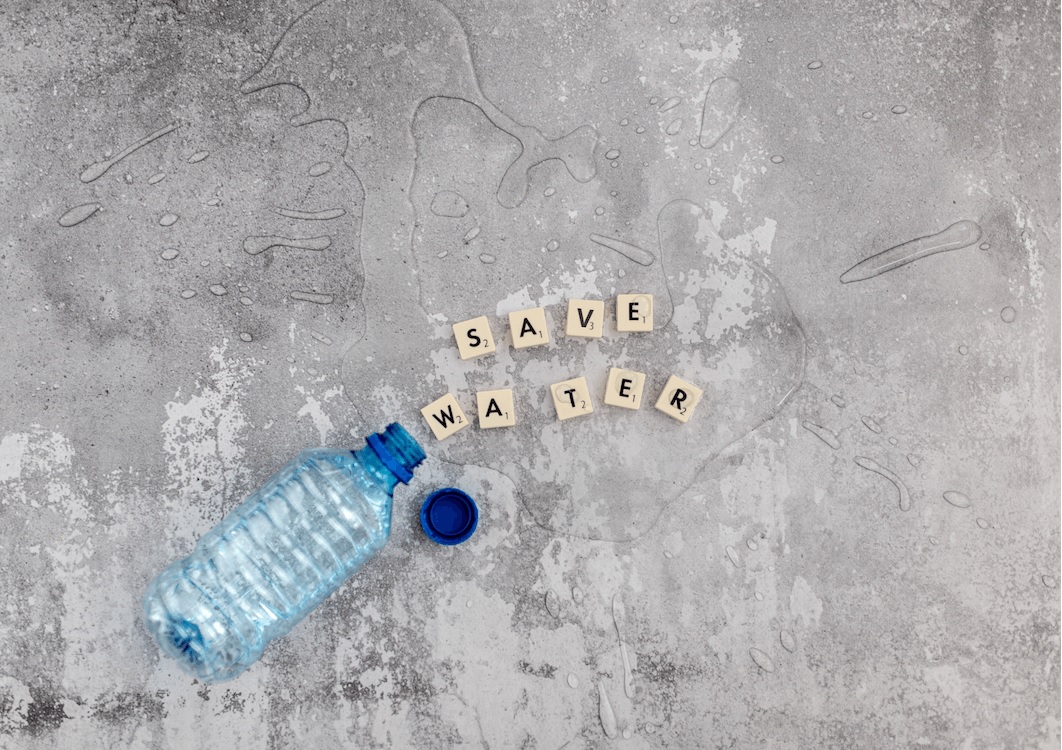Save Water: A Collective Responsibility for a Sustainable Future
Introduction:
Water, the elixir of life, is a finite resource that is indispensable for all living beings on Earth. Despite its fundamental importance, water scarcity is a growing concern due to overexploitation, pollution, and climate change. This essay explores the critical need to save water, the factors contributing to its depletion, and the strategies that individuals, communities, and governments can adopt to ensure its sustainable availability.
The Imperative of Water Conservation:
- Essential for Life: Water is vital for human survival, agriculture, sanitation, and industrial processes.
- Ecological Balance: Healthy aquatic ecosystems depend on adequate water levels and quality.
Challenges Leading to Water Scarcity:
- Population Growth: Rapid urbanization and population expansion escalate water demand.
- Agricultural Demand: Agriculture consumes a significant portion of water resources, often inefficiently.
- Pollution: Industrial and domestic pollution contaminates water sources, rendering them unsafe for consumption.
- Climate Change: Altered precipitation patterns and increased evaporation aggravate water scarcity.
Individual Responsibility in Water Conservation:
- Mindful Consumption: Reducing water wastage through simple practices like turning off taps, fixing leaks, and using water-efficient appliances.
- Rainwater Harvesting: Collecting rainwater for various uses reduces dependency on groundwater.
- Reducing Plastic Use: Plastic pollution adversely affects water bodies; minimizing plastic consumption helps protect aquatic ecosystems.
Community Engagement and Efforts:
- Awareness Campaigns: Community-level initiatives and educational campaigns raise awareness about water conservation.
- Water Management Plans: Communities can formulate and implement water management plans to ensure responsible water use.
Government and Policy Interventions:
- Water Regulations: Governments can enact stringent laws to prevent water wastage and pollution.
- Infrastructure Development: Investing in water infrastructure and modernizing irrigation systems enhances water efficiency.
- Incentives: Offering incentives to industries and individuals for adopting water-saving practices promotes conservation.
- Public Services: Ensuring equitable water distribution and access to clean water is a government responsibility.
Success Stories and Global Initiatives:
- Singapore: Innovative water management practices, including wastewater recycling, have transformed the city-state’s water scenario.
- UN-Water Initiatives: United Nations-led initiatives promote sustainable water management and conservation globally.
Challenges Ahead:
- Behavioral Change: Convincing individuals and industries to change water consumption habits is a significant challenge.
- Limited Awareness: Many people remain unaware of the looming water crisis and the urgency to save water.
Conclusion:
Saving water is not an option; it’s a responsibility that every individual, community, and government must embrace. Through collective efforts, we can address the challenges of water scarcity, pollution, and depletion. By adopting water-saving practices in our daily lives, advocating for sustainable policies, and investing in innovative water management techniques, we can secure a future where water is abundant, accessible, and safe for all living beings. The time to act is now; the preservation of our most precious resource rests in our hands.

